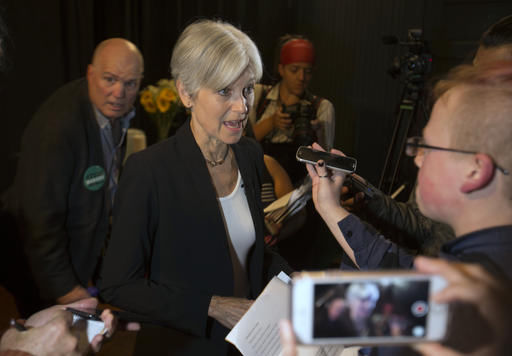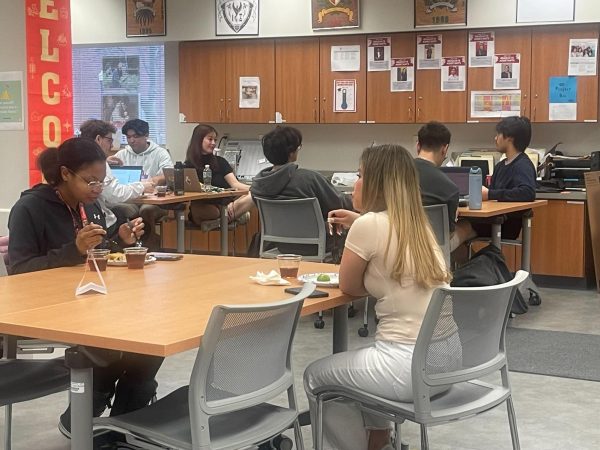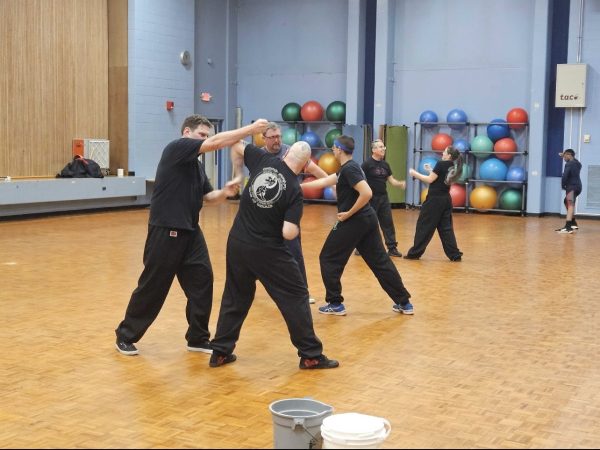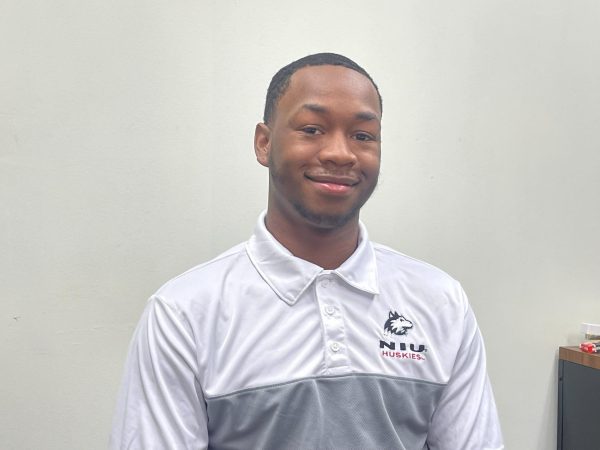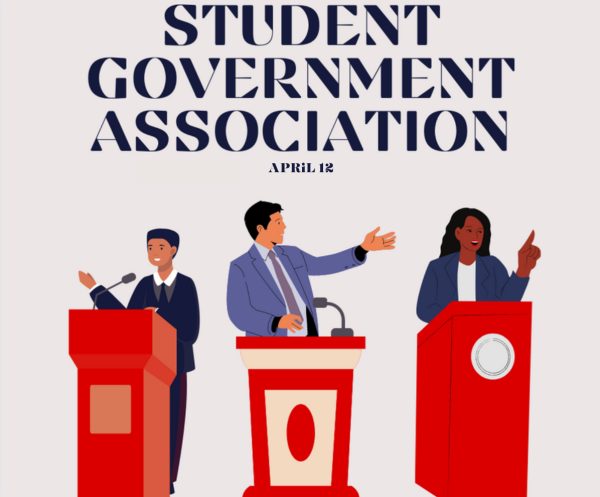Election: Students shift to Clinton
October 17, 2016
DeKALB | Although many Democratic students supported third party candidates, some have decided to vote for Democratic presidential nominee Hillary Clinton.
These students decided to vote for Clinton to keep Republican presidential nominee Donald Trump out of the White House. Students who originally supported a third party candidate agree with Clinton on many issues including the environment, the economy and social issues.
“[I’m voting for] Clinton because I think she’s more lenient in climate change and seems more tolerable,” said junior biology major Harry Chieng. “I’m going to be realistic. As much as I’d love to vote for [Libertarian presidential candidate] Gary Johnson, I don’t think America is ready for a third party candidate.”
Johnson’s major platforms include decreasing the nation’s debt and defending the constitutional right of religious freedom. He also has a more liberal viewpoint on abortion and marijuana legalization.
Chieng sees climate change and the creation of a stable economy as the most important issues in this election.
Clinton thinks America should take on climate change and find a way to make clean energy for the world, according to her website. She plans to improve the economy by creating a fair tax system and increasing high paying jobs for Americans.
“I’m going to vote for Clinton to stop Trump by all means,” said senior physics major Alex Forgue. “I’d rather have her than someone who’s openly racist and sexist. I’m also voting for Clinton so we can continue to have a Democrat supplying the Supreme Court justices. Unfortunately, we live in a two-party system. [Green party presidential candidate] Jill Stein is great, but she does not have the numbers to actually win.”
Stein’s major platforms include addressing climate change and making living-wage jobs more readily available. She also believes in equality for women and LGBT people.
Forgue said climate change and equal education funding are two important issues. He said he encourages students to vote not only for a president but for Congress and local officials to keep a progressive congress.
Scot Schraufnagel, chair of the political science department, who specializes in U.S. Congress, Political Parties, Elections and Presidency said third party candidates won’t make it far in this election.
“I’m a big advocate for the third party,” Schraufnagel said. “But a vote for a third party is considered a dead vote. What I would encourage students to vote for all the other things on the ballot [such as the Illinois Senator and U.S. representative],” Schraufnagel said.
Clinton plans on making college debt-free and taking on student loan debt. Her nominations for Supreme Court would uphold women’s rights and protect minorities from discrimination, according to her website.
“When it comes to policies, she’s not surprising me,” said Tammy Batson, undergraduate coordinator for economics major. “She’s definitely following a Democratic ticket as to what they look like and how they get the appeal of the U.S. voter.”
Batson believes the policies of both Clinton and Trump are predictable, and the values of Johnson and Stein appeal to students. According to their websites, Jill Stein is progressive and more of an environmentalist than Clinton. Johnson’s values are a mixture of liberal and conservative, a more appealing option for students who do not agree with values of the two-party system.
However, she said both Johnson and Stein still lack presence and remain unheard because of the two-party system.
“No one’s talking about [the third party candidates],” Batson said. “They probably need a scandal. It’s sadly what today’s media circus allows us to seek.”


